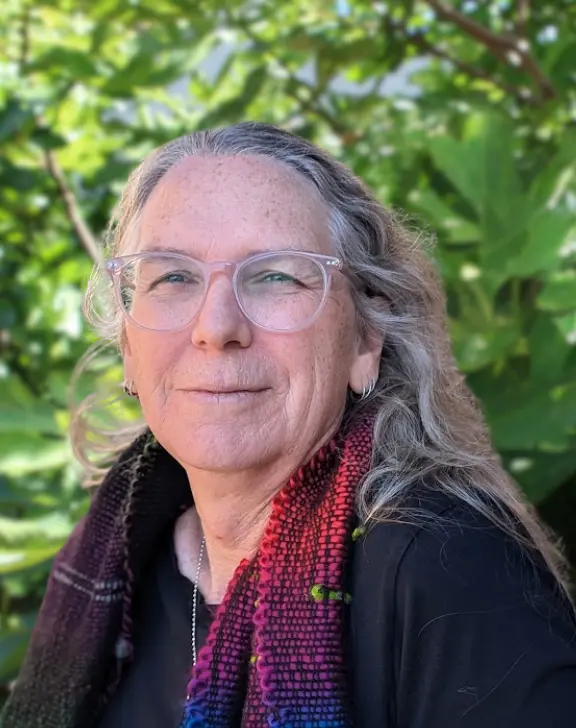Traditionally, many trans, gender diverse and non-binary (TGDNB) people have been required to complete a comprehensive ‘readiness assessment’ with a healthcare professional prior to accessing gender affirming medical and surgical care (GAMSC) such as gender affirming hormone therapy and gender affirming surgery. These ‘readiness assessments’ are commonly called ‘WPATH assessments’ as they are guided by recommendations from the World Professional Association for Transgender Health (WPATH) Standards of Care.
In many countries, including Australia, gender affirming hormone therapy (GAHT) often no longer requires a WPATH assessment. Instead, most TGDNB individuals now access this via the Informed Consent pathway, which allows the individual to directly access GAHT directly from their primary care physician, such as a GP, or via an endocrinologist, without the need for formal assessment with a mental health professional. However, to proceed with gender affirming surgery, a WPATH assessment is still required in almost all instances.
Informed Consent has been considered as a ‘significant step forward’ for TGDNB healthcare, and while this is true, it is actually just equality in health care as informed consent directly with the healthcare practitioner providing the service is the same process that occurs for most Australian adults in almost all of their healthcare decision making. For example, a cisgender individual seeking cosmetic surgery.
Many individuals have expressed concern about the purpose and negative impacts of WPATH assessments. Concerns raised include that WPATH assessments delay access to care, increase financial burden, and may lead TGDNB individuals to feel that they need to ‘prove’ their trans experience by conforming to a ‘typical trans narrative’.
Until recently, research had not investigated the perspectives of Australian healthcare providers (HCPs) who administer WPATH assessments. To address this gap in scientific knowledge, Q Psychology, in partnership with Deakin University, conducted a study exploring HCPs experiences of administering WPATH assessments. Using a mixed-methods approach which involved both an online survey and one-on-one interview, we sought to understand Australian HCPs’:
i. processes for administering WPATH assessments;
ii. understanding of the purpose of WPATH assessments; and
iii. concerns regarding WPATH assessments.
Our results
Survey results demonstrated little consistency in (i) the content HCPs believed relevant to each assessment criterion as set out by the WPATH SoC and (ii) their processes for conducting assessments. Despite high confidence in their approach, HCPs were not aligned in what factors or questions they believed were relevant to each WPATH SoC criterion, nor in how they assess each criterion.
Our interviews generated three themes regarding the purpose of WPATH assessments: Informed consent/capacity to consent, Supporting positive outcomes, and Protecting against litigation. Four themes were generated regarding concerns with readiness assessments: Systemic challenges, Inequity and gatekeeping, Personal and professional impacts, and Heterogeneity of assessments.
Overall, interviewees disagreed with the mandatory requirement for WPATH assessments before all gender affirming surgeries. Interviewees described this requirement as gatekeeping, pathologizing, and unfair.
In addition, participants drew attention to the lack of consistency across assessment criteria and process, reporting more professional guidance is needed in this space.
Overall, our study supports other international research that argues mandatory WPATH assessments are gatekeeping, pathologising and unnecessary in many instances. Our study supports the establishment of an Informed Consent pathway for all types of GAMSC in Australia, including gender affirming surgeries, whereby WPATH assessments would not be mandatory for all individuals.
If you’re interested to know more, you can read our published, peer-reviewed research paper here (https://doi.org/10.1080/26895269.2025.2498750), or you can email us at research@qpsychology.com.au



.webp)
.webp)



%20(4)%20(1).webp)
